Let’s talk about the pelvic floor – something that is incredibly important for day to day function, but often overlooked. The pelvic floor is like the unsung hero of your body, supporting organs like your bladder, uterus, and rectum, and playing a big role in your overall health. But when these muscles aren’t working like they should, you might start to notice some rather inconvenient signs.
Here are five signs you might have a weak pelvic floor, and what you can do about it!
- You Leak a Little When You Laugh (Or Sneeze, or Cough…)
Ever laughed so hard that you… leaked a little? If you’ve ever found yourself crossing your legs before a sneeze or skipping the jumping jacks in your workout class, this one’s for you. Stress incontinence—leaking urine when pressure is put on your bladder—is one of the most common signs of a weak pelvic floor, and that INCLUDESwhen its “just a drip or two”. It’s also super common postpartum, but that doesn’t mean you have to live with it.
What to Do: Start with some basic pelvic floor exercises. Can you coordinate a contraction? Can you feel the pelvic floor muscles relaxing, too?. And remember, it’s not about doing a million reps of kegels—quality over quantity is key!

- You’re Rushing to the Bathroom All the Time
Do you find yourself constantly looking for the nearest restroom, just in case? Or maybe you feel like you need to go again right after you just went? An overactive bladder can be another sign that your pelvic floor muscles aren’t providing enough support to your bladder, or that you’ve unintentionally trained your bladder to behave like a toddler throwing a tantrum when it doesn’t get what it wants exactly when it wants it.
What to Do: Bladder training can help. Try delaying your bathroom visits by a few minutes each time. Pay attention to diet related bladder irritants, and take note of times that you are going to the bathroom “just because” and not because you actually have to. Strengthening your pelvic floor will also help you gain better control.

- You Feel a Heaviness or Pressure in Your Pelvic Area
That dragging sensation in your lower abdomen or pelvic area might not just be a sign you’re overdoing it at the gym. This feeling of heaviness or pressure can indicate pelvic organ prolapse, where the pelvic organs start to drop due to weakened pelvic floor muscles and poor pressure management. Some people describe it like a tampon falling out (even when there’s not a tampon there), or feeling like there is a ball or something inside the vaginal canal.
What to Do: Don’t ignore this one. It’s important to see a pelvic floor specialist who can guide you through appropriate exercises and, if needed, other treatments to prevent it from getting worse.
- Back Pain You Just Can’t Seem to Shake

Did you know that your pelvic floor muscles are connected to your lower back? If your pelvic floor isn’t doing its job, your lower back muscles might try to pick up the slack, leading to chronic back pain. It’s one of those sneaky signs that people often overlook.
What to Do: Incorporating pelvic floor exercises along with core strengthening and appropriate pressure management strategies can help ease that nagging back pain. Think of it as giving your back some much-needed backup support!
- Things Feel a Little “Off” During Intimacy
Let’s keep this one PG but honest—if sex has become uncomfortable or less enjoyable, it might be due to a weak (or sometimes an overactive) pelvic floor. These muscles play a big role in sexual function, and when they’re not functioning optimally, it can affect your experience, comfort, and confidence.
What to Do: Pelvic floor exercises can enhance your muscle tone, leading to improved sensation and function. However, many people experiencing painful sex have overactivity in the pelvic floor muscles and trying to strengthen can make symptoms worse! Don’t be shy about discussing this with a healthcare professional and a pelvic floor physical therapist—they’re there to help identify the culprit and get you back to feeling excited about your intimate moments!
Strengthening Your Pelvic Floor: It’s Easier Than You Think!
The good news? You can strengthen your pelvic floor with some simple, effective exercises. Whether it’s kegels for connection, diaphragmatic breathing, or core and hip strengthening, there are plenty of ways to give these muscles the attention they deserve. And if you’re unsure where to start, that’s where a pelvic floor physical therapist comes in. We’re here to guide you in building a strong foundation, prescribing exercises tailored to your specific needs, and help you regain confidence to get you back to feeling your best.
Your pelvic floor might not be something you think about daily, but it’s definitely worth the attention! If any of these signs sound familiar, don’t wait to take action. Strengthening your pelvic floor can lead to big improvements in your overall health and well-being. And remember—you’re not alone in this journey. If you ever need guidance, I’m here to help!
So, let’s give your pelvic floor the love it deserves—your body will thank you for it!
If you think that you may have a weak pelvic floor, or other pelvic floor dysfunction, contact EM Pelvic Health, located here in South Miami, FL. We can help you get to the root of your symptoms and find a path forward.
contact arienne@empelvichealth.com, or call us at 305-982-7595
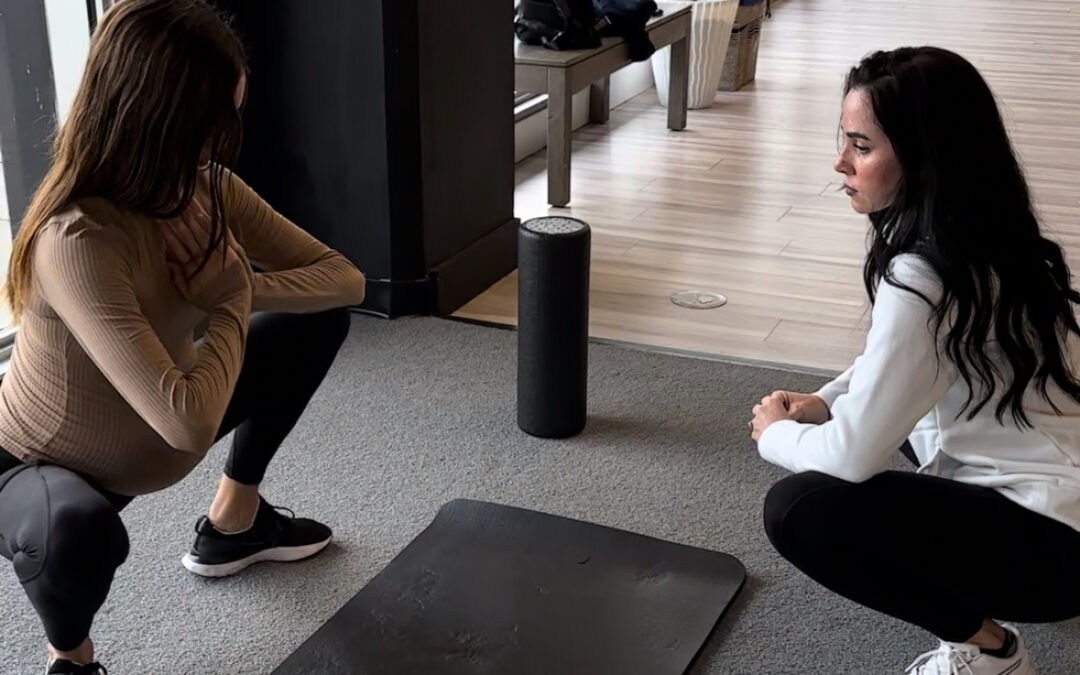
How to Choose the RIGHT Pelvic Floor Specialist
Pelvic health is making a big splash, and now your IG feed is flowing with ALL of the pelvic health specialists…but how do you determine the right fit?
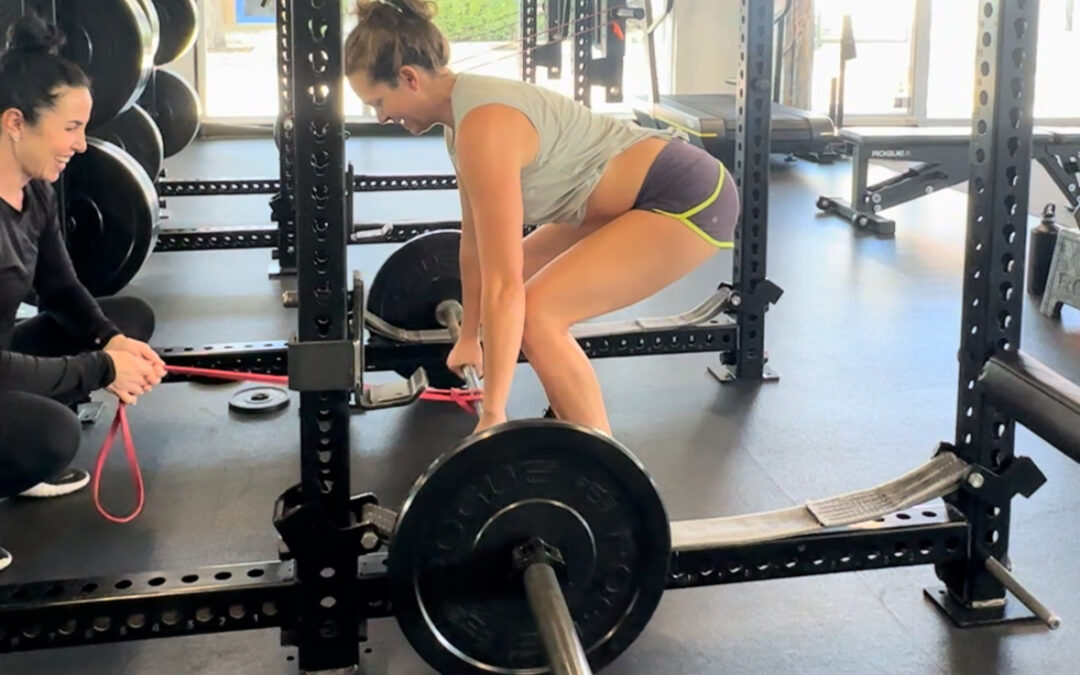
Are You REALLY Ready to Work Out After Having a Baby? Here’s How to Know.
Your six-week postpartum check-up is often treated as the “green light” to jump back into workouts, sex, and all your usual activities. But is your body actually ready? Pregnancy and birth—whether vaginal or C-section—change your body in major ways. Your core, pelvic...

5 Tips for More Pleasurable Sex (from Your Friendly Pelvic Floor PT)
Let’s talk about something that should be enjoyable—sex. If it’s not, and you’re experiencing pain or discomfort, you’re not alone. It’s more common than you think, but here’s the thing: it’s not normal, and you don’t have to just put up with it.
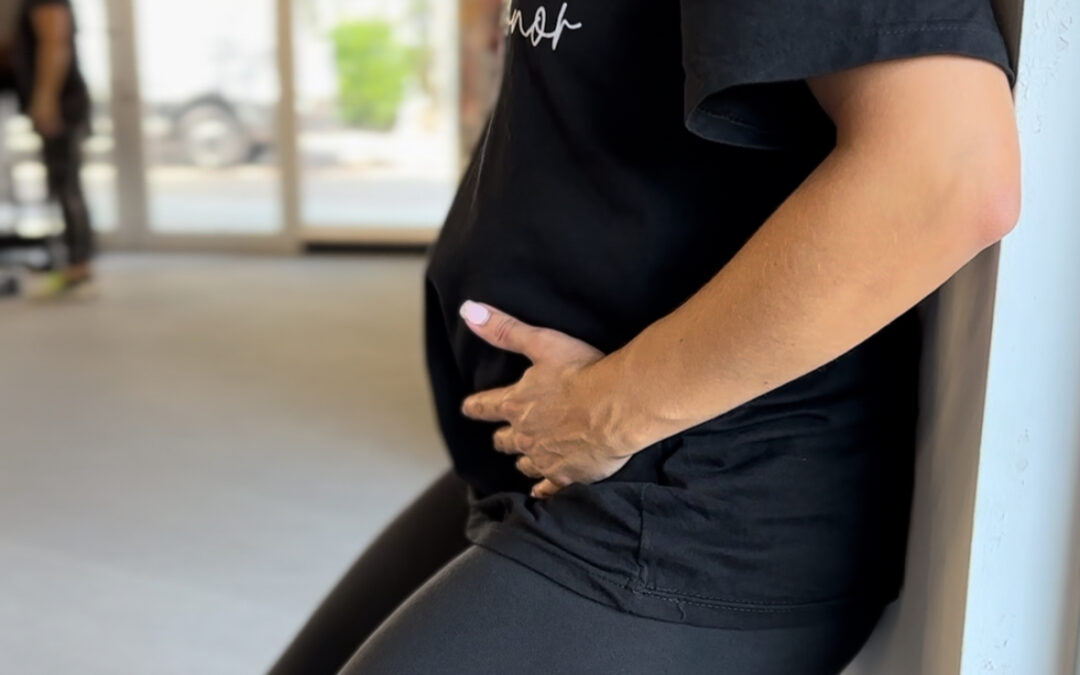
Moving With Intention in Pregnancy and Postpartum – and why it’s important
Many of us feel like pregnancy and postpartum is just a quick detour from our normal routines, but in reality, SO much is changing that we need to account for DURING pregnancy, but also, AFTER….so we can set our future selves up for success!

How Pelvic Floor Physical Therapy Helped with Debilitating Pelvic Girdle Pain in Pregnancy – from a patients point of view
Imagine navigating the challenges of pregnancy while grappling with debilitating pelvic girdle pain, feeling trapped in your own body. Many women, like Dr. Gaby, often dismiss these intense sensations, believing they are just part of the journey. But when she finally sought help from a pelvic floor physical therapist, her world transformed. With each session, she discovered not only relief from the pain that had once left her crawling up stairs but also a renewed sense of empowerment. The tailored exercises and insightful guidance helped her reclaim my mobility and enhance her strength, preparing her for labor and the precious moments that followed. Her experience became a testament to the life-changing power of specialized care, proving that we don’t have to suffer in silence and that expert support can illuminate a path to comfort and confidence throughout pregnancy and beyond

Can Physical Therapy Help with Stress-Related Headaches?
Learn about how physical therapy can help reduce pain associated with stress-related headaches. Read more.
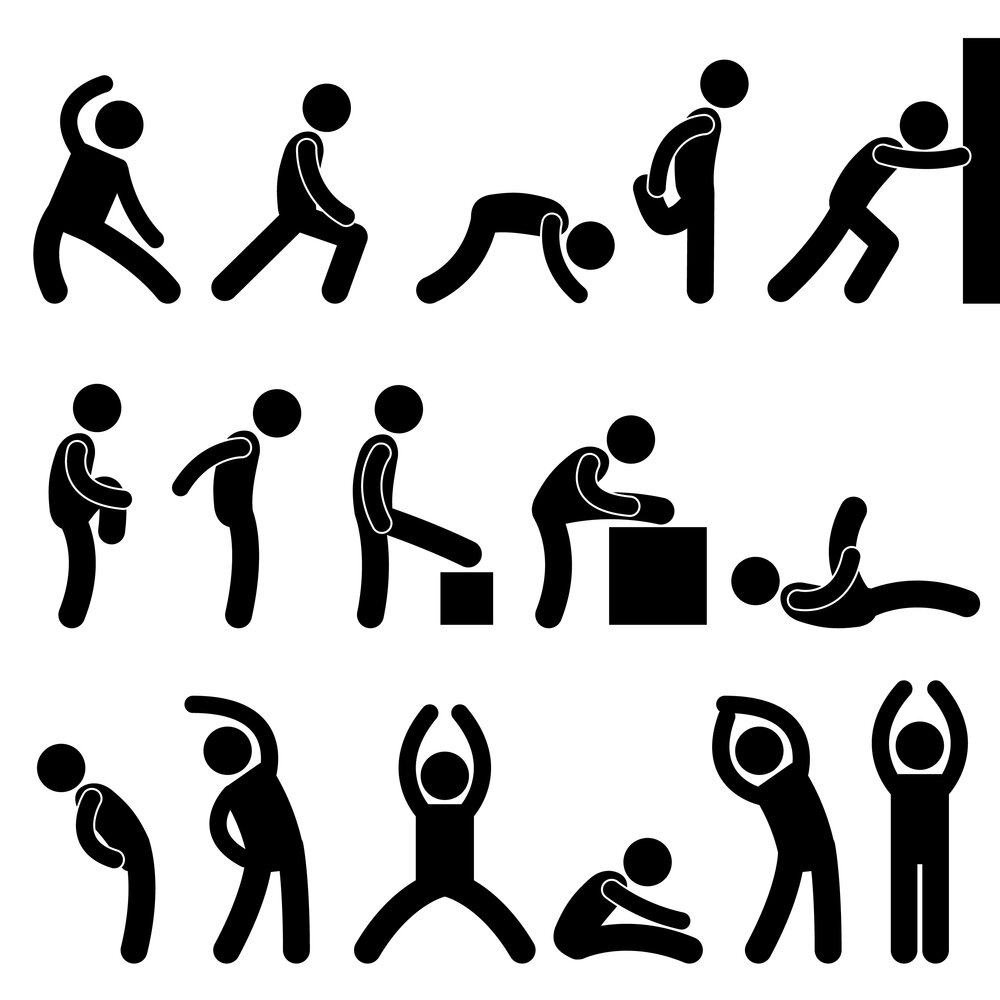
6 Common Mistakes You Might Be Making When Exercising / Working Out
Whether you have been exercising all your life or you’re a beginner, read the these tips to keep yourself safe while you’re working out. Read more.
Pelvic Girdle Pain: What You Need to Know
There are many ways that physical therapy can benefit you, such as helping you recovery from an injury or even with pregnancy related issues. Learn more.
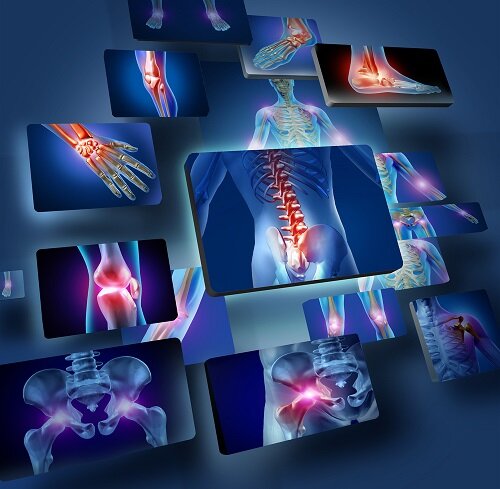
5 Ways Physical Therapy Can Help You
There are many ways that physical therapy can benefit you, such as helping you recovery from an injury or even with pregnancy related issues. Learn more.
What is Pelvic Floor Dysfunction?
Pelvic floor dysfunction is a general term used to refer to the many issues that may arise secondary to weakened, damaged, or dysfunctional muscles, ligaments or nerves in the pelvis and abdominal region. Read this blog article to learn more.

